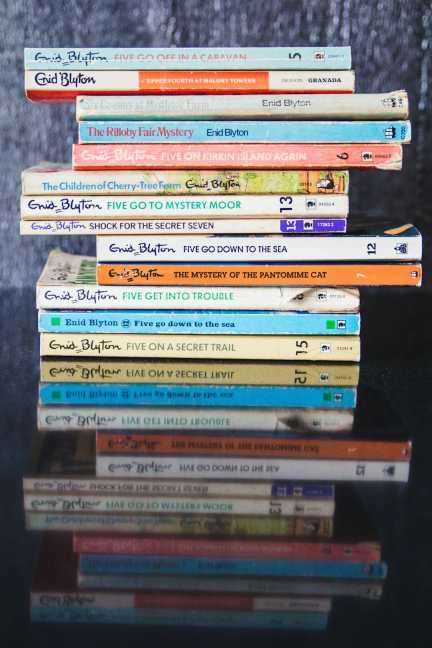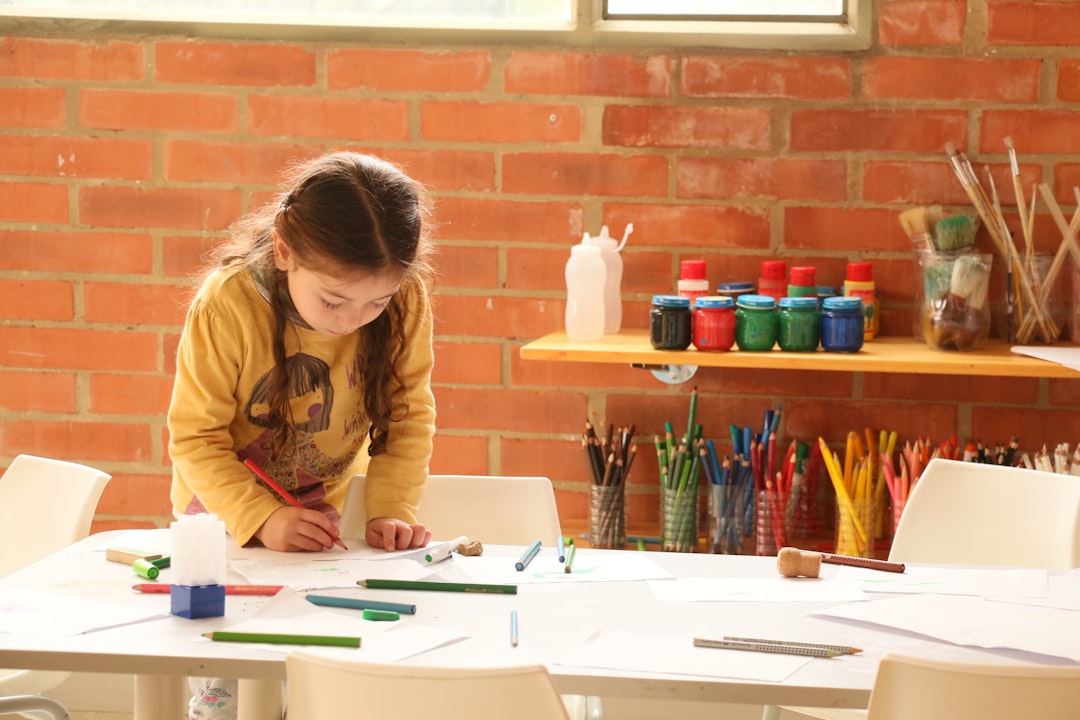The Role of Arts Education in Enhancing Creativity
Creativity is often seen as an essential skill in today’s rapidly changing and complex world. It is the ability to think outside the box, generate new ideas, and find innovative solutions to problems. Many people believe that creativity is an inherent talent, but the truth is that it can be nurtured and developed through arts education.
Arts education plays a crucial role in enhancing creativity, as it provides individuals with the opportunity to explore different forms of artistic expression. Whether it is through painting, music, dance, or theater, engaging in the arts allows students to tap into their inner creativity and unleash their imagination.
One of the main ways in which arts education fosters creativity is by encouraging individualism and personal expression. In a world where conformity is often valued, the arts provide a safe space where students can freely express their thoughts, emotions, and unique perspectives. This encourages them to think outside the box and explore unconventional ideas, leading to the development of original and innovative thinking.
Moreover, arts education promotes divergent thinking, a key component of creativity. In a traditional academic setting, students are often required to find the right answer to a problem. However, in the arts, there is often no right or wrong answer. Instead, students are encouraged to explore multiple possibilities and think critically about different approaches. This open-ended nature of the arts allows individuals to develop their ability to think creatively and consider a multitude of perspectives.
Furthermore, arts education helps individuals develop problem-solving skills, another crucial aspect of creativity. Through the arts, students are presented with challenges and obstacles that require them to think creatively to find solutions. For example, in theater, students may need to come up with creative ways to portray emotions or convey a message without words. This encourages students to think critically, analyze situations from different angles, and find innovative approaches to overcome obstacles – skills that are essential in today’s fast-paced and ever-changing world.
Additionally, engaging in arts education provides individuals with a sense of self-confidence and self-expression. Through artistic expression, students gain a better understanding of themselves, their interests, and their capabilities. This builds their self-esteem and empowers them to take risks, try new things, and not be afraid of failure. The confidence gained through arts education can transcend beyond the artistic realm and positively impact other areas of life, allowing individuals to think creatively and boldly in any situation they encounter.
Furthermore, arts education has been linked to improvements in other academic areas. Numerous studies have shown that students who participate in arts education programs perform better in subjects such as math, language, and science. This is because the skills developed through the arts, such as critical thinking, problem-solving, and creativity, can be applied across various disciplines.
In conclusion, arts education plays a vital role in enhancing creativity. It provides individuals with the opportunity to express themselves, think outside the box, and develop innovative solutions. Through arts education, individuals gain confidence, develop problem-solving skills, and improve their overall academic performance. As we face an ever-changing and complex world, arts education is more important than ever in cultivating the next generation of creative thinkers and problem solvers.









